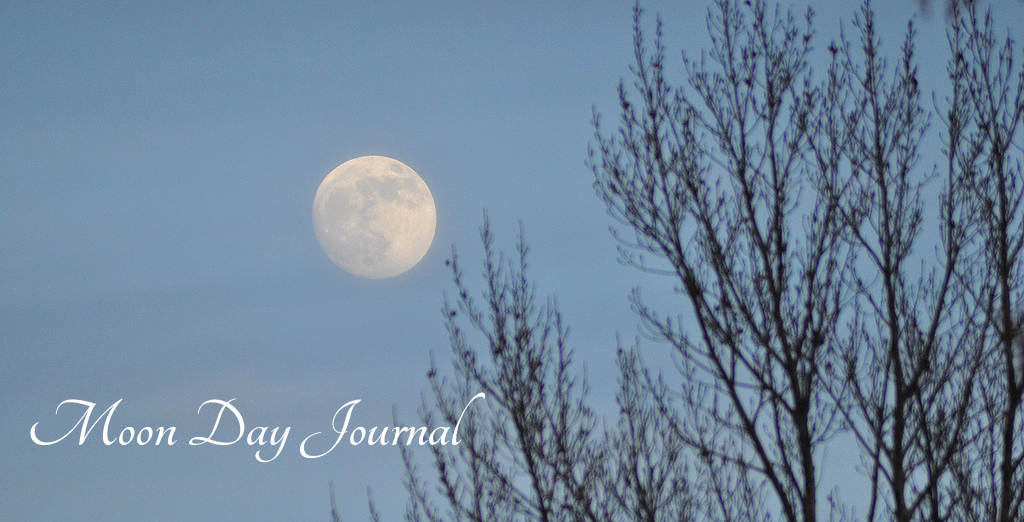Imbalances
One of the physical characteristics that present challenges to me in yoga is the unevenness between my right and left sides.
For example, my left hip is much more open and flexible than my right hip, so stepping forward out of downward dog with the right foot is more difficult, and landing both feet together when jumping forward is impossible.
In the midsection I have a tendency to sink into the right side, so that I have to consciously lift that side to do balancing postures successfully and to keep my right leg from sagging in shoulder stand.
My right arm can get lazy in downward dog.
In contrast, my left shoulder tends to stay locked in a slightly scrunched-up position and has been that way for most of my life.
I know this because when I was in grade school my mother took me to the doctor, alarmed because she had noticed my shoulders were uneven.
The doctor said there was nothing to do about it – that was just the way I was. I had forgotten about this episode until 2002 when I was in a workshop for women making career transitions and one of our coaches, walking behind me, pointed out the unevenness.
“You must be carrying the weight of the world on that shoulder,” she said. “Ha, ha, ha!”
As I have been seriously working on these mind-body issues over the past few years, I have realized she was right: that little girl is still inside trying to be strong for everyone.
And, as if to compensate, there is a more passive, weaker side that takes over in many areas of my life.
I have learned that, in order to progress without injuring myself in the physical practice of yoga, it is best to accept and work with the limitations my body presents.
In much the same way, I am working on accepting these contrasting aspects of my character and the ways they have shaped my life, even as I try to relax one and fortify the other.
A biographer of Henry Adams (Patricia O’Toole,
The Five of Hearts
) comments on the sadness in the fact that Adams directed the insights he gained from self-reflection only toward self-improvement, not self-acceptance.
I don’t want that to be my story.

